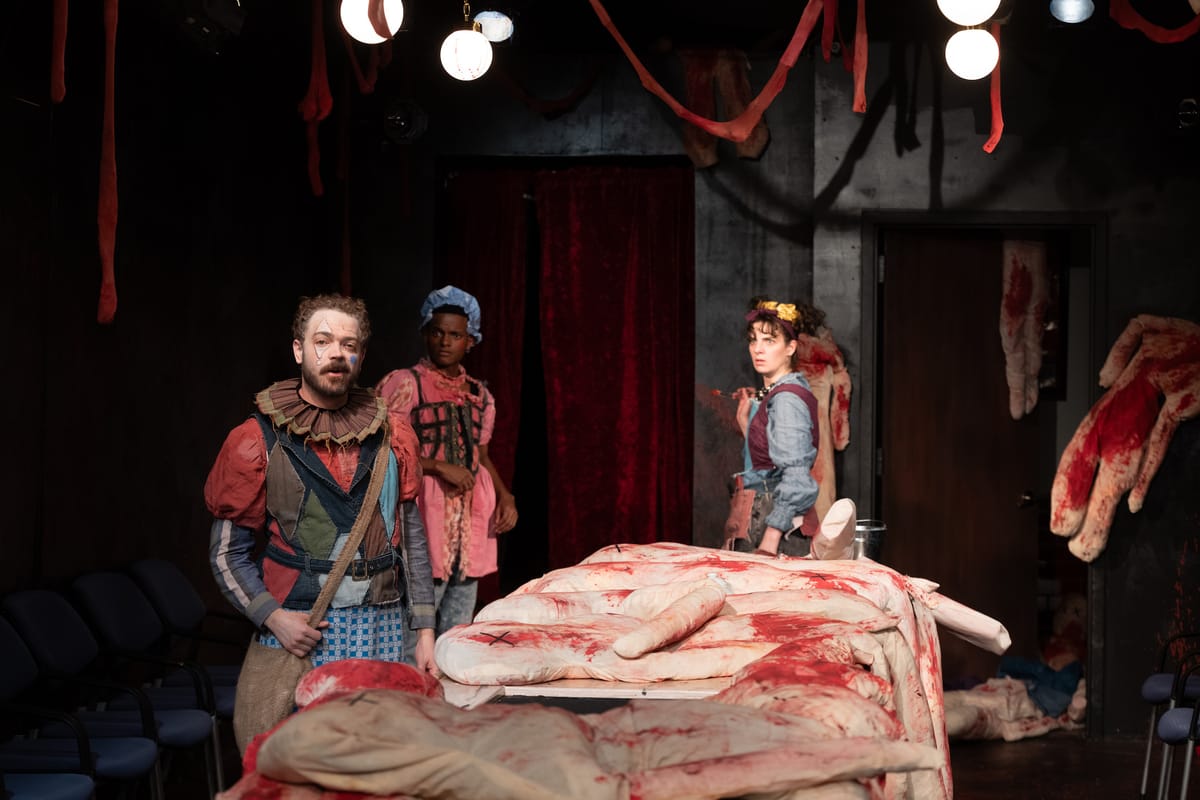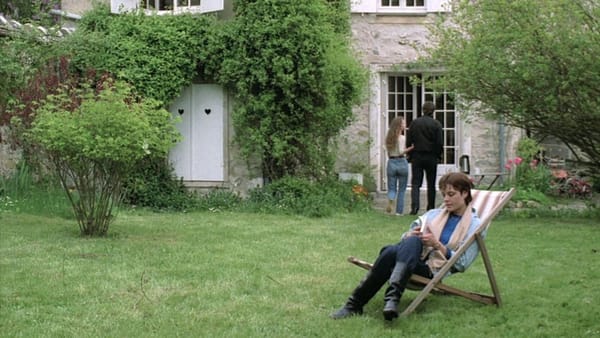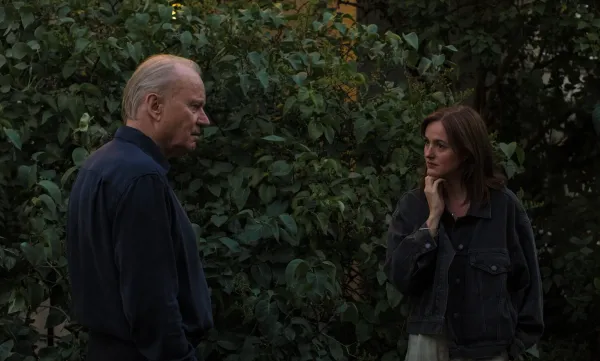Clown Is More Difficult

When comedians brag about comedy’s power as a political tool, they’re usually missing the point. Man-at-a-desk political comedy might draw thoughtful “hmms” and chuckles, but the comedy that brutally attacks those in power and comforts regular people is typically something much less refined. Taylor Mac’s GARY: A SEQUEL TO TITUS ANDRONICUS, now playing at Redtwist Theatre through June 1st, mulls the potential of a revolution through comedy at the hands of a clown and all the mess that comes with it.
The title character, a former court jester who has escaped a hanging in the coup that came after the events of Shakespeare’s TITUS ANDRONICUS, has found himself working as a maid, cleaning up the bodies and blood of Shakespeare’s characters. Alongside Janice, head maid for the Andronici, Gary must not only clean up all the blood, but also squeeze out all gas and fluids to prepare the bodies for burial, processes that Mac’s play embrace in all their foul beauty. But Gary, with his new lease on life, has aspirations to transcend his new role and become a fool for the new regime.
There’s a difference, as Gary explains to Janice, since clowns are dumb and selfish, merely drawing attention to themselves. Fools work harder, with the goal of making people laugh. Instead of cleaning, he wants to devise “an artistic coup, a comedic revenge” (or “a fooling”, in Gary’s words). Maybe a playfully anarchistic spectacle can bring the people together and keep them from repeating the cruelty of the old regime.
Mac’s play, which ran on Broadway in 2019 for a brief run starring Nathan Lane and Kristine Nielsen, invests in comedy’s ability to face the violent and grotesque and conquer it through mockery, as is the case across judy’s body of work. HIR, Mac’s acclaimed 2015 family drama, uses a tyrannical patriarch’s stroke to spit in the face of toxic masculinity, domestic abuse, and the war machine. A 24-DECADE HISTORY OF POPULAR MUSIC, in its epic scope and ridiculous (complimentary) drag, faces the grandeur and violence of American history through popular song.
This Brechtian conceit, of walking audiences around a thorny topic and into its heart, is unafraid of the ugliness of our world and the literary canon, and is particularly useful for Shakespeare’s most violent play. Redtwist’s production, staged on the set of their production of TITUS ANDRONICUS by Steve Scott, doesn’t skimp on the ugliness.
The entire theater is strewn with cartoonish blood and entrails, and piles of dummies with their eyes x-ed out (and penises out) are stacked in the middle of the space. The cast, with William Delforge in the title role, Hannah Rhode as Janice, and Cameron Austin Brown as Carol, a midwife, handle the physical comedy with demented charm and embrace Mac’s dense text (a third of which is in verse) like it’s nothing. In a pivotal scene, Rhode effortlessly unspools the deep fear under Janice’s performance of obstinance as she expresses her anxiety about the disposability of workers in the new regime.
Mac clearly shares Janice’s anxiety, as the question of how ruling classes treats their workers becomes just as prominent as the foolishness. Just because there are new people in power, Mac posits, there’s no guarantee that they won’t treat workers the same (or worse) than those they deposed. GARY offers a warning to any aspiring revolutionaries: the last people you should ignore are the ones who have cleaned up after you.
While I wasn’t crazy about Redtwist’s production of TITUS, there’s a lot to admire in GARY, particularly its manic embrace of sheer stupidity as a means of political relief. The legit clowning on display in GARY feels of a piece with the long lineage of political clowning. The studied and unrestrained goofiness speaks to the power of stupidity to cheer us up, but also its ability to invite us to envision a better future. Incisive political commentary and potty humor are hard to pull off, and to successfully do both is harder. Redtwist’s production of GARY believes that, when there’s a mess, you should call a clown.




